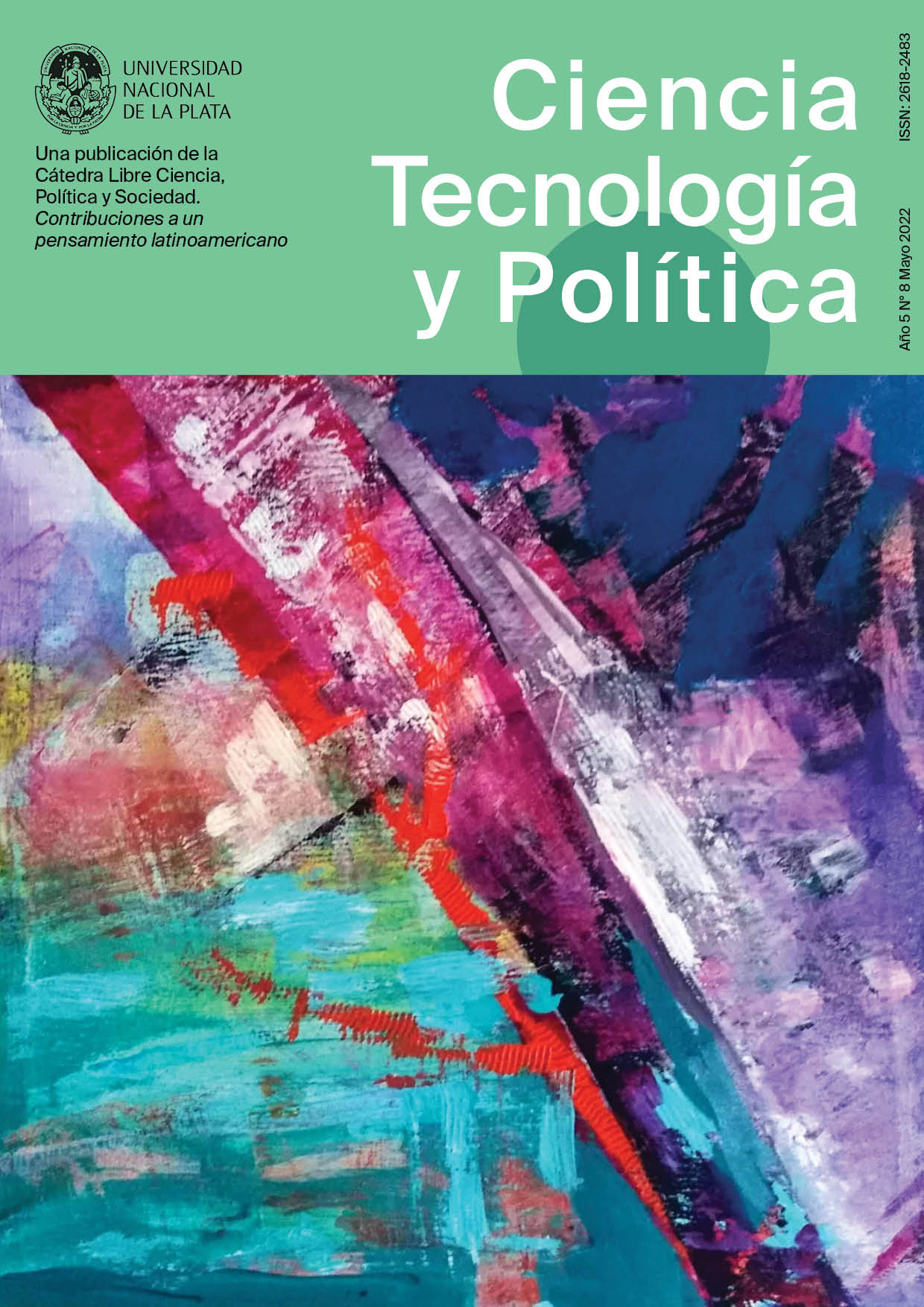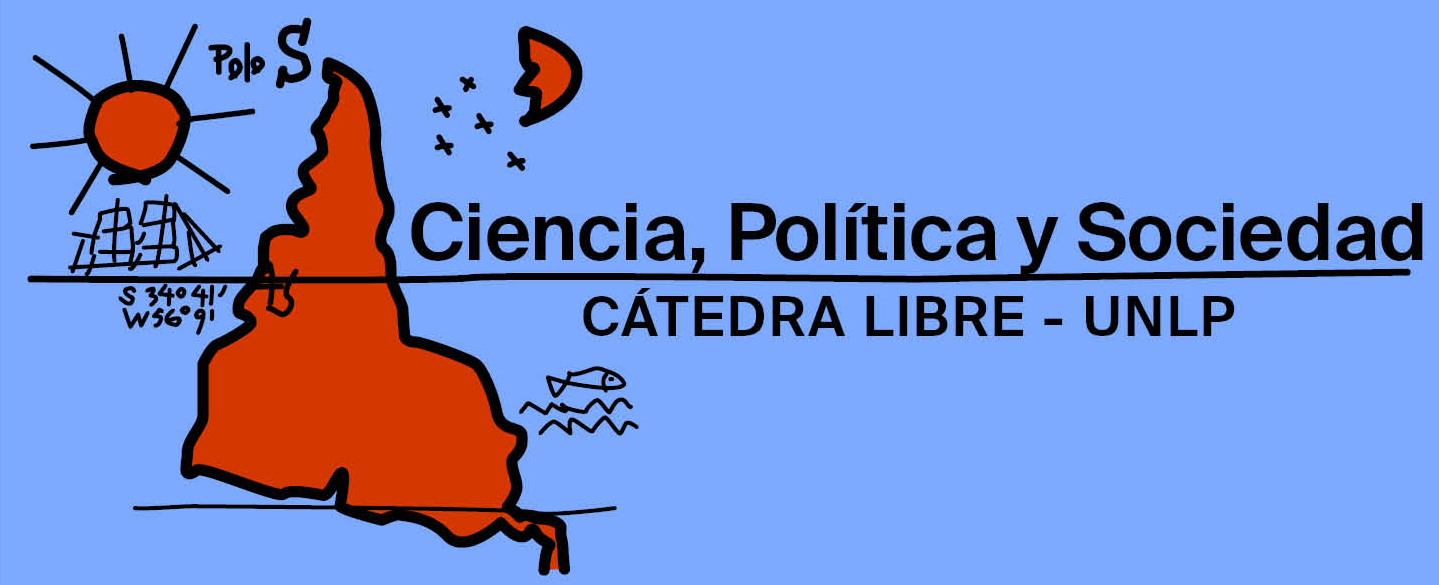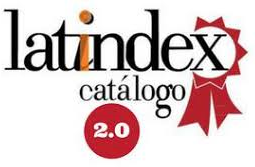The social sciences in the new world order
DOI:
https://doi.org/10.24215/26183188e070Keywords:
globalization, transnationality, hegemonic science, social scienceAbstract
Current science conceives not only the hard sciences and technology as a national economic resource of the dominant states, but also, hand in hand with the knowledge-based economy, assigns new missions to the social sciences. On the other hand, the new forms of State that began to take shape in some countries after the neoliberal reforms of the 1980s and 1990s generate new challenges for the social sciences. In this article, these aspects are analyzed, and a construction of the cumulative social sciences is proposed, focused more on explaining the reality of life and empirical work than on discussing supposed big or small theories once again. It is concluded that, in the future of the social sciences, ethical, ideological and epistemological issues will be the order of the day regarding issues such as development, globalization, diversity, public policies, democracy, citizenship, responsible innovation, possible and desirable futures and crossroads. ethics.
Downloads
Metrics
References
Akiwowo, A. (1999). Indigenoussociologies: Extendingthescopeoftheargument. International Sociology, 14 (4), 343-358. https://doi.org/10.1177/0268580999014002001
Camic, C.;Gross, N.; Lamont, M. Lamont (2011). Social knowledge in themaking. Chicago UniversityPress
Consejo Internacional de las Ciencias Sociales (2010). TheWorld Social ScienceReport 2010: Knowledge Divides. UNESCO.
Glick Schiller, N.;Basch, L.; Blanc-Szanton, C (1992) Transnationalism: A new analyticframeworkforunderstandingmigration. Annals New York AcademyofSciences, 645(1), 1-24. https://doi.org/10.1111/j.1749-6632.1992.tb33484.x
International Council forScience (2008). EnhancingInvolvementof Social Sciences in ICSU. [Reporte] https://council.science/wp-content/uploads/2017/04/icsu-social-sciences.pdf
Kuhn, M. (2021). The social scienceofthecitizensociety. Vol. 1: Critique oftheGlobalization and Decolonizationofthe Social Sciences. Stuttgart.
Lomnitz, C. (1 de Febrero de 2021). El neo Estado. La ínsula de los derechos y el mar de la extorsión. Nexos. https://www.nexos.com.mx/?p=64762
Nieto Olarte, M. (2019). Una historia de la verdad en Occidente. Ciencia, arte, religión y política en la conformación de la cosmología moderna. Fondo de Cultura Económica/Universidad de los Andes.
Patel, S. (2013). Towardsinternationalism. Beyond colonial and nationalsociologies. En M. Kuhn y S. Yazawa(Eds.),Theoriesabout and StrategiesagainstHegemonicSciences.Fundacao Calouste Gulbenkian y Seijo University.
Porter, T.; Ross, D (Eds.)(2003). Cambridge HistoryofScience, volume 7: Themodern social sciences. Cambridge UniversityPress.
Raj, K. (2007).Relocating Modern Science: Circulation and theConstructionofKnowledge in South Asia and Europe, 1650–1900. Palgrave Macmillan.
Ravetz, J.K. (1971). Scientificknowledge and its social problems. Clarendon Press.
Saxenian, A. L. (2006). The new argonauts: regional advantage in a global economy. Harvard UniversityPress.
Wolf, E. (1982). Europe and thepeoplewithouthistory. Universityof California Press.
Wolf, E. (1988). InventingSociety. American Ethnologist, 15(4), 752-761.https://www.jstor.org/stable/645518
Worsley, P. (1984). TheThirdWorlds, Universityof Chicago Press.
Published
How to Cite
Issue
Section
License
Copyright (c) 2022 Hebe Vessuri

This work is licensed under a Creative Commons Attribution-NonCommercial-ShareAlike 4.0 International License.
The authors whose texts are published in this Journal surrender their ownership rights in favour of the editor in a non exclusive manner, i.e. the authors can enter into other independent and additional contracts to publish their text, e.g. including it in an institutional repository, thematic or otherwise, publish it in a book, or others, as long as it is overtly stated that the work was first published in this Journal.
The responsibility for each published paper as regards its content relies exclusively on its authors, holding the editors harmless for any legal liabilities.
The texts of the Journal shall be published under the Creative Commons 4.0 BY-NC-SA license. Therefore, the editors are free to:
1) Share, copy and redistribute the material using any means or format.
2) Adapt, remix, transform and create from the material, under the following conditions:
a) Attribution — credit to this work must be given in an appropriate manner, providing a link to the license and indicating if changes have been made.
b) Non-Commercial Use — no use may be made of the published material for commercial purposes.
c) Share Equal — Authors remixing, transforming or creating from the material must distribute their contribution under the same license as the original.




































